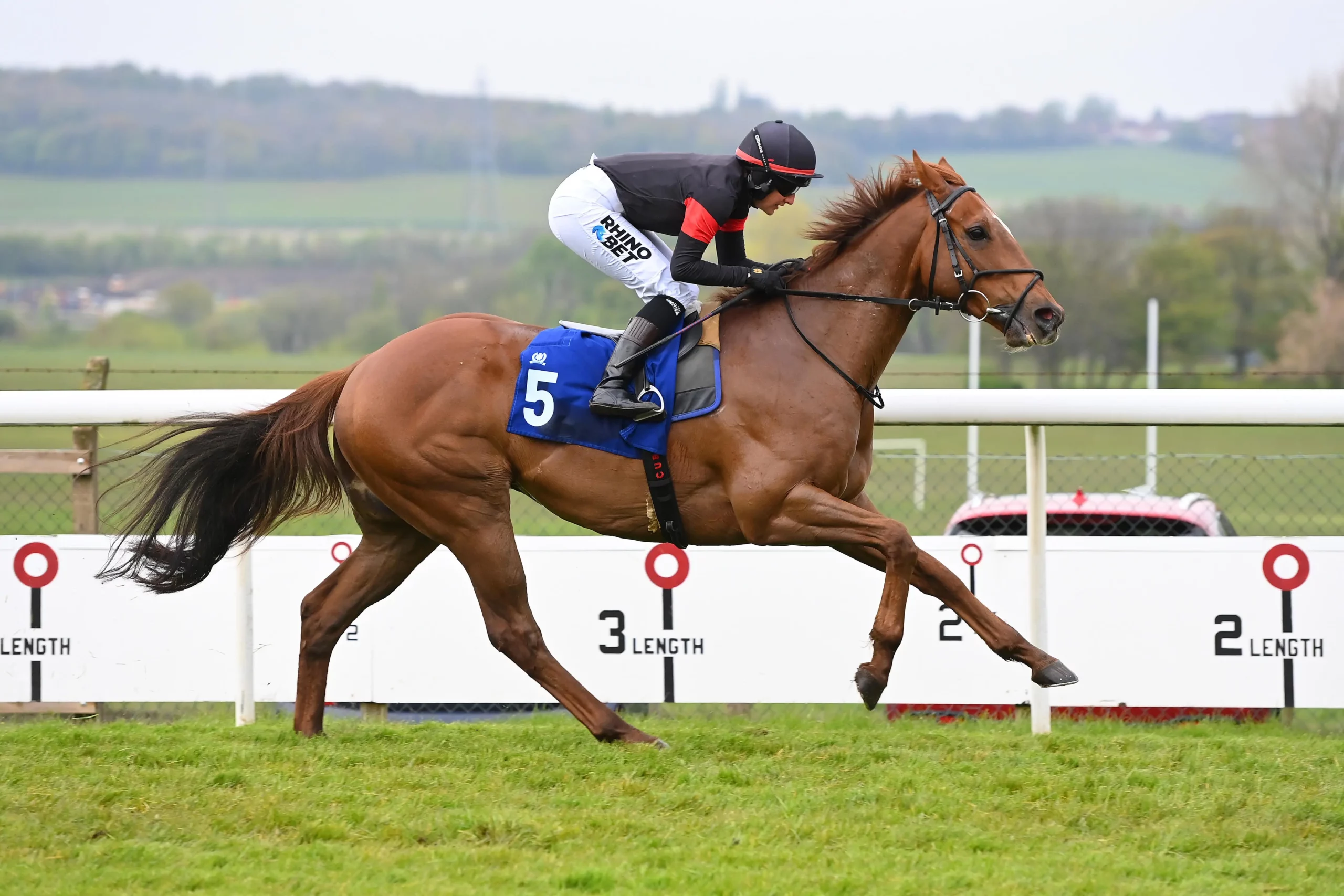The Point Spread: Setting the Stage for Your Bet
At the heart of betting against the spread lies the point spread, a numerical value assigned by oddsmakers to handicap the perceived stronger team. This spread represents the number of points by which the favourite is expected to win or the underdog is expected to lose.
For instance, if the New England Patriots (-7) are playing the Miami Dolphins (+7), the spread is set at 7 points. Bettors backing the Patriots would need them to win by more than 7 points to win their bet, while those supporting the Dolphins would either need them to win outright or lose by less than 7 points.
The point spread is designed to create a scenario where each team has an approximately 50% chance of covering the spread, making the betting action more balanced and attractive for sportsbooks.
Taking Sides: Backing the Favorite or the Underdog
When betting against the spread, you have two options: backing the favourite or the underdog. Each choice carries its own set of risks and potential rewards.
If you believe the favoured team will win convincingly, you would bet on them to cover the spread by winning by more points than the assigned handicap. For example, if the spread is -7 for the Patriots, you would need them to win by 8 or more points to win your bet.
Conversely, if you think the underdog will keep the game close or pull off an upset, you would bet on them to cover the spread by either winning outright or losing by fewer points than the spread. Using the same example, you would win your bet on the Dolphins if they won the game outright or lost by 6 points or fewer.
Backing the favorite often requires a higher stake due to the lower odds, but the risk is generally perceived as lower since the favored team is expected to win. Conversely, backing the underdog offers potentially higher payouts but also carries more risk.
Understanding Spread Betting Payouts
In spread betting, the payouts are typically even money, meaning a successful £100 bet would return £200 (your original stake plus £100 in winnings). However, the sportsbook will charge a small commission, known as vigorish or “vig,” to ensure a profit regardless of the outcome. This commission is usually around 10%, so a winning £100 bet might only pay out £190 instead of £200.
Some sportsbooks offer reduced juice or alternative juice options, where the vig is lower, often around 5% or less. This can provide better value for bettors in the long run, although the tradeoff is usually less favourable odds or reduced limits.
It’s important to understand the payout structure and vig at your chosen sportsbook to accurately calculate your potential winnings and ensure you’re getting the best value for your bets.
Beyond the Basics: Exploring Different Spread Bets
While the traditional point spread bet is the most common, there are several variations that add an extra layer of excitement and strategy:
- Run Lines (MLB) and Puck Lines (NHL): Similar to point spreads but with a fixed value, typically 1.5 runs or goals. These bets offer an alternative way to handicap baseball and hockey games.
- Alternative Spreads: Bettors can choose different point spreads with adjusted odds, allowing for higher payouts at greater risk. For example, a bettor could take the Patriots -10.5 at higher odds instead of the standard -7 spread.
- Live Betting: Spreads can change during the game, offering new opportunities as the action unfolds. Live betting adds an extra dimension of strategy as bettors can react to in-game developments.
- Teasers and Pleasers: These are multi-leg bets where bettors can adjust the spreads in their favour (teasers) or the book’s favour (pleasers) for adjusted odds. They add complexity but also the potential for higher payouts.
By exploring these variations, experienced bettors can find unique opportunities to maximise value and employ more advanced strategies when betting against the spread.
Responsible Betting Practices & Spread Betting
As with any form of gambling, responsible betting is crucial when wagering against the spread. It’s important to set a budget, stick to it, and never chase losses. Remember, the sportsbooks have a built-in advantage through the vig, so responsible bankroll management is essential for long-term success.
It’s also advisable to shop around for the best lines and odds at different sportsbooks, as small differences in spreads and payouts can add up over time. Additionally, bettors should always research and analyse matchups, injury reports, and other relevant factors before placing their bets.



